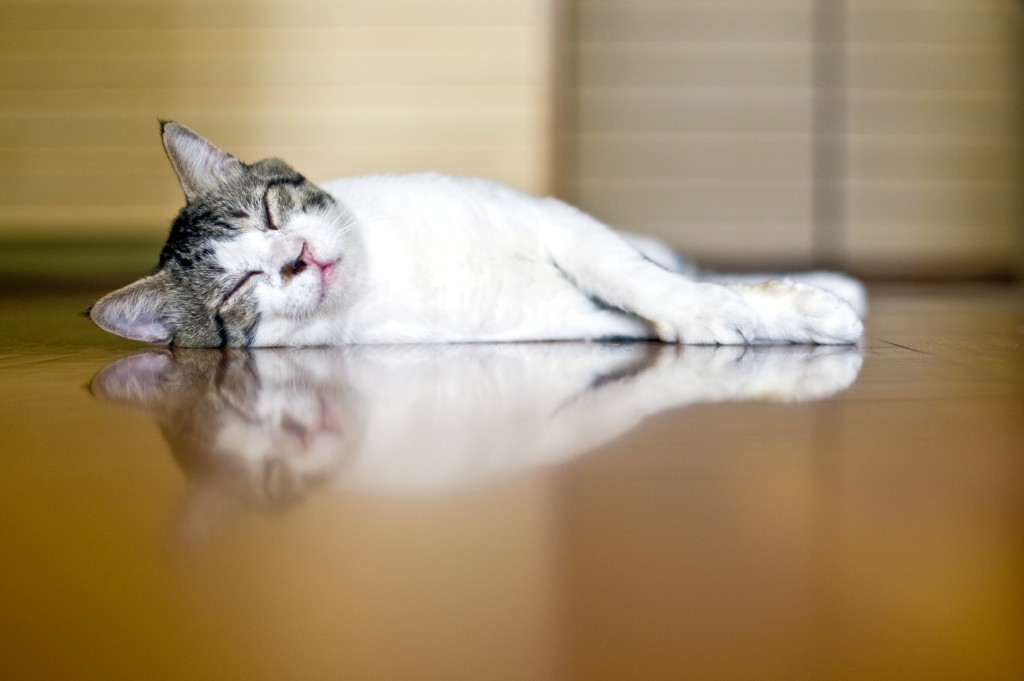Getting a good night’s sleep at home can be hard enough at times. As many as a quarter of Americans will experience occasional fits of insomnia every year. Most of us do eventually recover, but those nights can be challenging to endure.
And when you’re on the road, sleep problems can be even more challenging. You won’t be able to enjoy your favorite mattress and the other comforts of home. Often during your travels, you’ll feel weary at the end of the day; your muscles will be stiff and aching. And yet you won’t feel comfortable enough to fall asleep.
Many people have found that certain scents can help them sleep better and overcome insomnia. The calming effects of lavender have been well-documented. Other reports indicate that even the smell of your partner’s clothing can be effective. How can you use the power of smell to relieve your sleep woes as you travel?
Find out what works
Researchers can have a tough time conducting studies on sleep. For obvious reasons, it isn’t easy to objectively query participants about the quality of their sleep. The technology we use to measure and observe brain activity is still developing. And there are other variables to consider in experimental design, such as heredity, lifestyle, and physical activity.
Thus, everyone will have unique individual preferences when it comes to sleep. You can use existing research as a starting point. But it’s best to figure out which scents work for you at home, in a controlled environment, before you hit the road.
Diffusers and sprays
Many aromatherapy aficionados have a go-to diffuser at home. But it’s not always a good idea to bring that along when you travel. They can be too bulky for those who like to travel light. And if the diffuser is flame-based, it can be impractical to use in hotels; you don’t want to trip off that smoke detector.
Consider bringing along a reed diffuser, which is lightweight and doesn’t use flame. Alternatively, you can fill up a spray bottle and apply it to your pillows and bed. Just be mindful of the restrictions on carrying liquids if you’re traveling by air.
Massage and bath oils

Essential oils are an excellent item to bring around when you travel. Since they need to be diluted before application, you can pack a bottle of 10 mL or less, and it should be good for the whole trip.
Oils can be diffused as well. But they are even better for sleep when combined with a relaxing massage or bath. You can do a simple rub-down before you sleep, or treat yourself to a bit of pampering and have the masseur apply your favorite oil.
Common beverages
If you find that the scent of jasmine, lavender, peppermint, chamomile, or bergamot is effective at improving your sleep, you’re in luck. These aromas are all commonly available in the form of teas, which you can easily pack and prepare everywhere you go. Many hotels also have a wide selection of teas, so you might not even need to bring your own.
One interesting drink to test at home is coffee. You shouldn’t consume it before sleeping, of course. But the scent alone, minus the caffeine in the drink, can have a calming effect. If it works for you, then this beverage you can find anywhere on your travels will help you to both sleep at night and wake up in the mornings.
Check your lodgings
Depending on where you’re headed, as well as your budget, you might be able to find accommodations that offer some scent-based comforts to improve your sleep. Airbnb owners, for instance, could have diffusers in their rooms.
Some hotels offer special pillows filled with materials such as buckwheat or Hinoki cypress to alleviate stress and help you sleep. Go beyond location, amenities, and deals when you look for lodging, and you can find a place to stay that enables you to get a better quality of rest.
Combining smell with other tactics
There are many factors at work when you try to sleep on your travels. Crossing time zones, breaking out of daily routines, unfamiliar encounters, and experiences during the day; all of these can upset your usual sleep cycles. Your favorite scents can help, but may not be enough on their own to offset a lot of adverse effects.
Tried-and-tested travel staples will still be handy; a sleep mask, earplugs, and your pillow will prove useful both in-flight and in hotels. Be mindful of what you eat, how much you exert yourself physically, and abstain from devices and screens an hour before sleeping. Combining the positive stimulus of smell with these other tactics might prove necessary to a good night’s sleep on the road.

